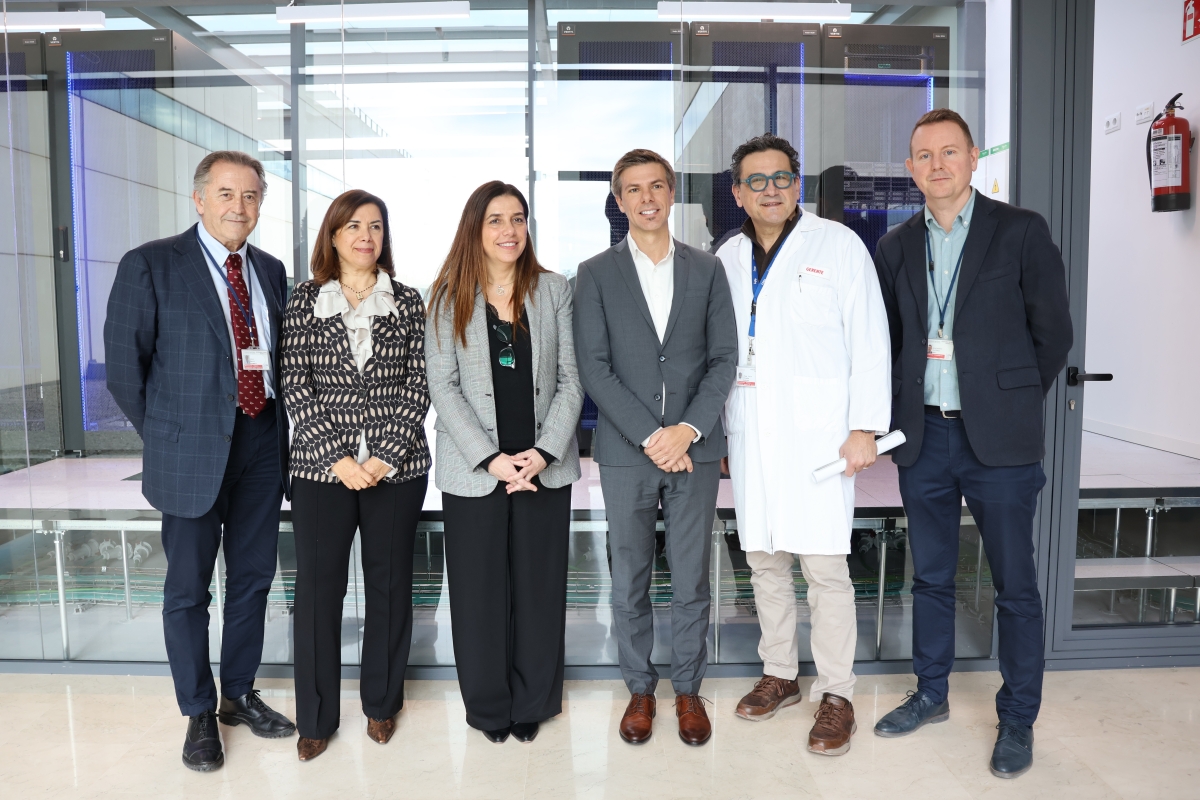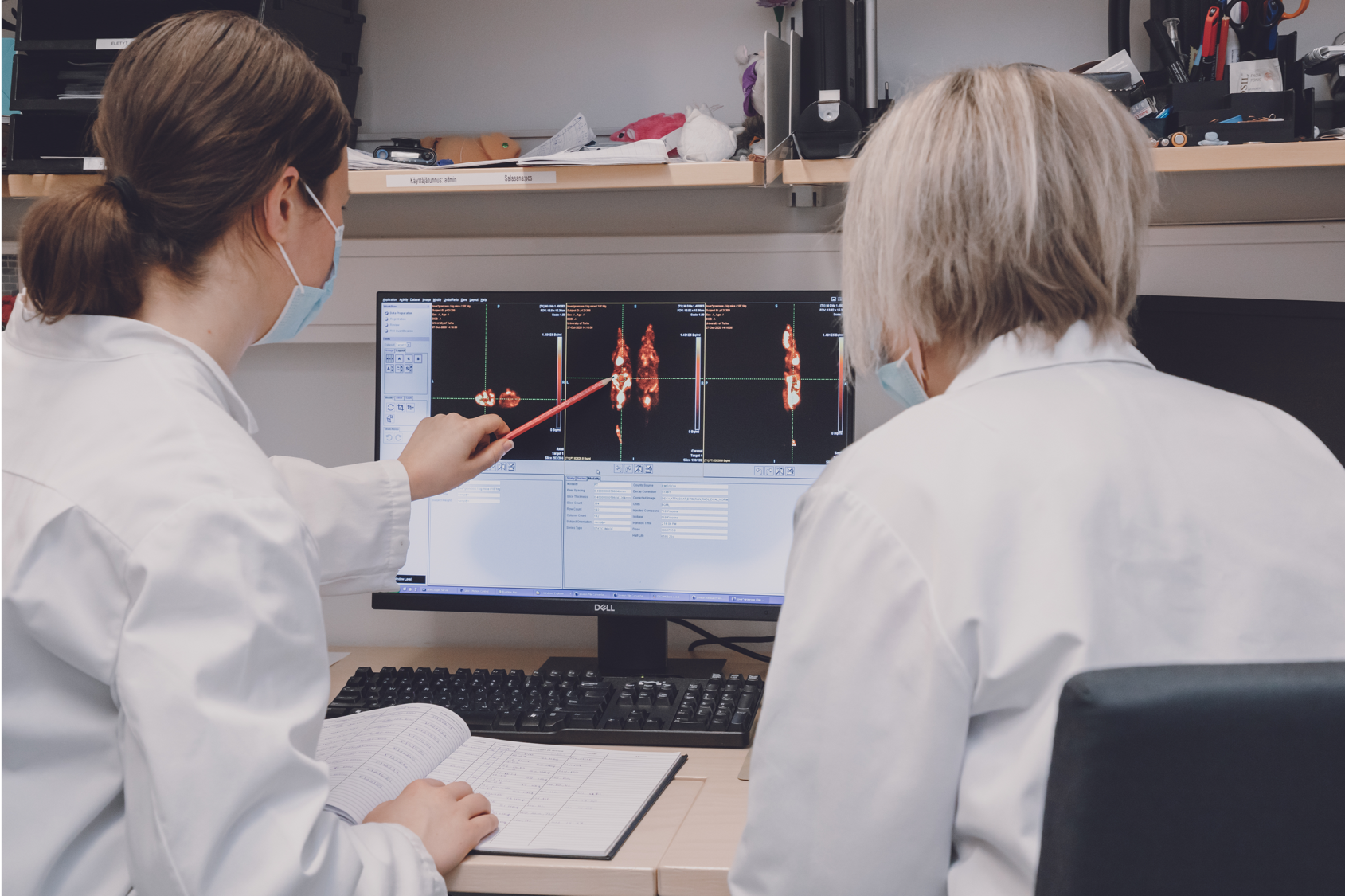
February 13, 2026
Euro-BioImaging at 3C-CoDash Hackathon
Bugra Oezdemir, our image data tools specialist from the Euro-BioImaging Bio-Hub team, had the pleasure of co-leading a session at the Data Science 3C-CoDash…
Within the framework of the eRImote project, Euro-BioImaging Hub in collaboration with France-BioImaging, PPBI and Swedish NMI, developed and implemented an innovative, distributed training concept. In order to reduce travel costs and the environmental footprint, the course connected participants and trainers at three distinct sites via Zoom and provided remote desktops so students could get hands-on experience with Python for bioimage analysis.
The course provided an arena for collaboration among trainers at 3 Euro-BioImaging Node facilities, featured relevant content & tools developed within EC-funded projects, and was favorably received by students. Many thanks to the eRImote project for providing travel grants to participants and supporting the organisation of this innovative course!
The “Introduction to Image Analysis with Python” course was held at at University of Gothenburg, NMI Sweden Node, at Institut Pasteur, France BioImaging Node, and at Gulbenkian Institute for Molecular Medicine, PPBI Node, three sites in parallel connected to each other remotely. Each site took the lead on teaching one of the three days of the course and the course program was jointly developed across the participating Nodes.

Overall, 39 students participated in the course, who all benefited from a hands-on small group learning experience supported by a team of local image analysts supporting the course participants. The majority of attendees were local to the hosting site, with an additional third of participants coming from other parts of the hosting countries, and about 10% international participants.
The majority of participants were PhD students, with a significant number of imaging scientists and facility staff also represented.
The course was in high demand with a heavy competition for the available spaces, highlighting the demand for training in image analysis and the interest in Python as an emerging accessible language for image analysis.
Advantages of a distributed training course
The distributed training course format brings many advantages. It allows the students to have an in-person learning experience with trainers present on site to support them, while also connecting the local training groups internationally and forming a larger training community. At the same time, the close proximity of most students to the training sites reduced travel needs, making these trainings more accessible and reducing environmental impact.
For the trainers, the distributed format reduced the planning and teaching burden, as each site only had to prepare teaching material and exercises for one day. The central administrative support from the Euro-BioImaging hub also supported an efficient organisation of the course.
In parallel, connecting trainers and image analysts across the three teaching sites also lead to an inspiring exchange to teaching ideas and tricks, increasing the standardisation of training provided across Euro-BioImaging sites and allowing early career Node staff to gain first teaching experiences and skills in a novel training format.

Connecting EU projects and initiatives
Through the eRImote project, Euro-BioImaging was able to support the organization and running of this course and provide selected travel grants for participants.
But the course also built on Euro-BioImaging and its Nodes’ involvement in other EU projects.
A significant component of the training on Day 3 made use of the outcomes from the AI4Life project – taught by the team at GIMM students were introduced to the BioImage Model Zoo and ZeroCostDL4Mic.
To connect the three training sites, the course used a joint virtual platform for all attendees at all sites, ensuring everyone had access to the same environment for their analysis and learning. This virtual platform is the BAND remote desktop, developed as part of the Euro-BioImaging involvement in the EOSC-Life project by Jean-Karim Heriche and Yi Sun from EMBL.
The BAND remote desktop was deployed for this training event on a digital infrastructure. This was provided by the EGI Training Infrastructure service supported by national resource providers in the EGI Federation. In particular, CESNET provided the computational resources and support to host BAND for this training event. Learn more about their role here.
The project, therefore, brought together outputs and initiatives from different EU projects and collaborations in the European data space to benefit life science researchers and make new ways of training possible.
The student experiences
The course was a resounding success. The vast majority of participants reported that they were satisfied or very satisfied with the course and everyone said that the course will certainly or likely help them in their future research. Here are some reflections from the participants:
‘I learned how to solve some current user problems that I have to help with’
‘As a member of a microscopy facility, learning new tools for image analysis, particularly machine learning segmentation, will greatly enhance the solutions I can offer to platform users for their image analysis challenges.’
‘The pipelines and notebooks will be helpful resources for my own research’
‘The teachers were great. Really helpful and I felt they really care about us learning. They patiently answered our question and even took some extra time to do so. That was really good.’
Outlook
Future iterations and an expansion of this course to more sites is planned for next year as part of the further development of advanced hybrid training formats by Euro-BioImaging supported by the EVOLVE project.

The course implementation was support by the eRImote project, with funding by the European Union under grant agreement Nr. 101057557.

February 13, 2026
Bugra Oezdemir, our image data tools specialist from the Euro-BioImaging Bio-Hub team, had the pleasure of co-leading a session at the Data Science 3C-CoDash…

February 12, 2026
The IIS La Fe (Instituto de Investigación Sanitaria La Fe) in Valencia, hosting the Euro-BioImaging Radiology and Medical Imaging Valencia Node, has inaugurated…

February 11, 2026
Today is the International Day of Women and Girls in Science. And tomorrow. And the day after that. The images below show our everyday.